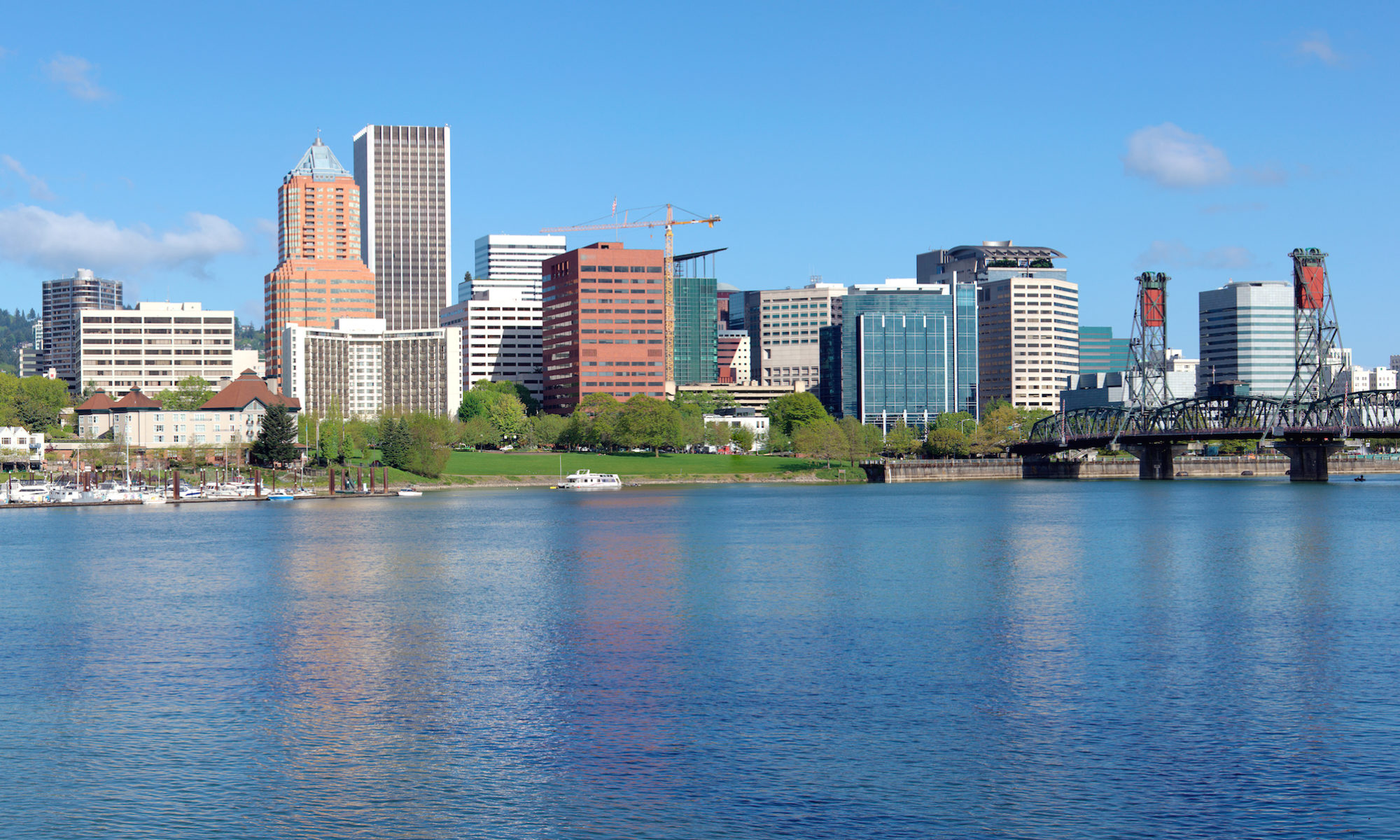Below are answers to frequently asked questions about filing for bankruptcy in Oregon and Washington.
Can I file bankruptcy without an attorney?
Yes. Were you surprised to read that on this website? You are not required to hire an attorney to file for bankruptcy. However, the process of filing for bankruptcy is complex, and an experienced bankruptcy attorney can assist in many aspects of the case. First, your bankruptcy attorney can analyze your income, assets and debts, and determine whether you should file for bankruptcy, and what type of bankruptcy you qualify for. Your bankruptcy attorney can assist you with pre-petition planning. Your bankruptcy lawyer can also assist you with timing of your filing, to maximize the discharge, such as in the case of back taxes. Your bankruptcy attorney can also assist you with lien stripping and avoiding second mortgages. Finally, if you are receiving collection calls, letters, and lawsuits, your bankruptcy attorney can stand between you and your creditors. In the long run, hiring a qualified bankruptcy attorney can save you much more money than you might save by filing without an attorney.
How much does filing bankruptcy cost?
The fee for filing your bankruptcy case varies, depending on the type of case you file, and the complexity of your particular case. We offer a free initial consultation to our clients so that we can evaluate your financial situation, and give you an accurate quote based upon your specific case. In addition to your attorney fees, you will also be responsible for some additional costs, including the Court’s filing fee of $338 or $313, depending on what type of case you file, and debtor education and credit counseling courses, which usually cost about $20-25.
Will I lose all of my property, my car, or my personal possessions in bankruptcy?
Probably not. The policy of bankruptcy is to give a debtor a “fresh start.” You are entitled to have a roof over your head, to feed your family, and to get to work so that you can pay your bills. If you have a substantial amount of equity in your home or your car, the bankruptcy trustee may decide whether it is necessary to sell some property to pay your creditors. However, in this economic climate, very few people have equity in their homes or cars.
Can I stop collection calls and letters?
Yes. Once you file for bankruptcy, the automatic stay prevents almost all of your creditors from taking any action to enforce any debt. This includes collection calls, letters, and lawsuits. In fact, you can retain our firm for as little as $100 to accept calls from debt collectors while you are preparing to file your bankruptcy case.
Can I stop a home foreclosure on my mortgage?
Yes. A Chapter 13 bankruptcy will stop a foreclosure on your home. You can propose a payment plan to pay off your past-due mortgage payments over three to five years. If you file a Chapter 7, it will temporarily stop any foreclosure proceedings against you.
I have already filed a bankruptcy, can I file again?
Yes, if your previous bankruptcy was filed a specified amount of time in the past. If your previous bankruptcy was a Chapter 7 liquidation, you need to wait eight years from the date the previous case was filed. If your previous bankruptcy was a Chapter 13 wage earner repayment plan, you need to wait four years to file a new Chapter 7 case and two years to file a new Chapter 13 case.
Can I stop a garnishment of my bank account or paycheck?
Yes. Almost all garnishments can be stopped with the exception of child support or spousal support obligations. Some creditors that hold claims that will not be discharged like student loans can start garnishment again as soon as your discharge is entered.
Can I leave a creditor off my schedules?
No. You are required to list all debts. Even debts that you want to keep paying. In fact, just because a debt is not listed on a bankruptcy schedule does not mean it is not included in the bankruptcy. In many cases even unlisted debts are discharged.
Can I repay my friends, relatives, or other creditors after I file bankruptcy?
The legal consequence of bankruptcy is to discharge those debts allowed under the law, including to friends and family members. However, there is generally no restriction for people voluntarily choosing to pay money to friends, relatives, or other creditors after bankruptcy, if they choose to do so.
Can I file bankruptcy if I am unemployed?
Yes. There is a lot of misinformation and disinformation about filing for bankruptcy. If you are unable to meet your monthly expenses and are drowning in debt, you can meet with a bankruptcy attorney to discuss whether filing bankruptcy is beneficial in your situation — whether or not your are currently employed.
Can I discharge student loans in bankruptcy?
Probably not. There is a provision in the Bankruptcy Code that allows the bankruptcy judge to discharge student loans in the case of “undue hardship.” However, the standard for such a discharge is very high. But, even if a student cannot discharge his or her student loan debt, the bankruptcy attorneys of Baxter & Baxter, LLP, may be able to assist in discharging other debts, and getting the debtor into a new repayment plan that is compatible with his or her income.

